The 1990s were kind to the indispensable nation, as Madeline Albright has called it. But, as Chalmers Johnson argues in this vital and engaging book, the halcyon days of American ascendancy cannot last: sooner or later, the stock market will fall, a counterbalancing force will emerge, or Washington will be unable to win a war without committing masses of ground troops, something for which the American body politic is utterly unprepared. Then all the latent contradictions in the American global position will emerge. When that happensand it willthis honest, deeply learned, courageous, provocative, and witty man, Chalmers Johnson, will be your guide. Get hold of this prescient book and keep it for that rainy day.
Bruce Cumings, author of The Origins of the Korean War
This eye-opening account of U.S. imperialist relations in Asia is stunning, disturbing, and very important. Chalmers Johnson warns that our present national security arrangements are mobilizing enemies around the world.
Richard J. Barnet, coauthor of Global Dreams
Blowback is a powerful warning that the only superpower complex is driving the United States into increasingly dangerous conflict with key countries throughout the world. Demolishing the argument that the United States is drifting into a new isolationism, Chalmers Johnson shows that American foreign policy is, in reality, more committed than ever to military intervention abroad and to the perpetuation of obsolete military alliances on terms incompatible with U.S. economic interests. This is original, hard-hitting must reading for all those interested in the future U.S. global role.
Selig S. Harrison, author of The Widening Gulf: Asian
Nationalism and American Policy
This brilliant dissection of the security, political, and economic relationships between the United States and Asia offers indispensable reading for anyone interested in the political economy of Americas role in world affairs in the twenty-first century.
Glen S. Fukushima, president, American Chamber of Commerce in Japan
Chalmers Johnson, the brilliant and iconoclastic scholar of China, Japan and the rest of East Asia, has in Blowback written a brilliant and iconoclastic assault on American foreign policy since the end of the Cold War.
Anthony Day, Los Angeles Times
Johnson is on to something.... It is indeed a new post-Cold War ballgame, and Johnsons warning of blowback, if it were heeded in Washington, would help keep America safe from the temptation of untrammeled power.
James P. Pinkerton, Newsday
Also by Chalmers Johnson
Peasant Nationalism and Communist Power:
The Emergence of Revolutionary China, 1937-1945
Revolution and the Social System
An Instance of Treason:
Ozaki Hotsumi and the Sorge Spy Ring
Revolutionary Change
Change in Communist Systems
(editor and contributor)
Conspiracy at Matsukawa
Ideology and Politics in Contemporary China
(editor)
Autopsy on Peoples War
Japans Public Policy Companies
MITI and the Japanse Miracle:
The Growth of Industrial Policy, 1925-1975
The Industrial Policy Debate
(editor and contributor)
Politics and Productivity:
How Japans Development Strategy Works
(with Laura Tyson and John Zysman)
Japan: Who Governs?
The Rise of the Developmental State
BLOWBACK
BLOWBACK
THE
COSTS AND
CONSEQUENCES
OF AMERICAN
EMPIRE
CHALMERS JOHNSON
A Holt Paperback
Metropolitan Books/Henry Holt and Company  New York
New York

Holt Paperbacks
Henry Holt and Company LLC,
Publishers since 1866
175 Fifth Avenue
New York, New York 10010
www.henryholt.com
A Holt Paperback and  are registered trademarks of
are registered trademarks of
Henry Holt and Company, LLC.
Copyright 2000 by Chalmers Johnson
Introduction copyright 2004 by Chalmers Johnson
All rights reserved.
Distributed in Canada by H. B. Fenn and Company Ltd.
Library of Congress Cataloging-in-Publication Data
Johnson, Chalmers A.
Blowback : the costs and consequences of American empire/
Chalmers Johnson.
p. cm.
Includes bibliographical references and index.
ISBN-13: 978-0-8050-7559-5
ISBN-10: 0-8050-7559-3
1. United StatesForeign relations-1989 2. United StatesMilitary policy. 3. United StatesForeign relationsAsia. 4. AsiaForeign relationsUnited States. 5. Intervention (International law) 6. ImperialismUnited StatesHistory20th century. I. Title.
327.73dc21
Henry Holt books are available for special promotions and premiums.
For details contact: Director, Special Markets.
Originally published in hardcover in 2000 by Metropolitan Books
First Holt Paperbacks Edition 2001
Reissued 2004
Designed by Michelle McMillian
Printed in the United States of America
9 10 8
CONTENTS
INTRODUCTION:
AFTER 9/11
In a speech to Congress on September 20, 2001, shortly after the terrorist attacks of September 11, President George W. Bush posed this question: Why do they hate us? His answer: They hate our freedomsour freedom of religion, our freedom of speech, our freedom to vote. He commented later that he was amazed that theres such misunderstanding of what our country is about that people would hate us.... I just cant believe it because I know how good we are.
But how good are we, really? If were so good, why do we inspire such hatred abroad? What have we done to bring so much blowback upon ourselves?
This book is a guide to some of the policies during and after the Cold War that generated, and continue to generate, blowbacka term the CIA invented to describe the likelihood that our covert operations in other peoples countries would result in retaliations against Americans, civilian and military, at home and abroad. Blowback was first published in the spring of 2000, some eighteen months before 9/11. My intention in writing it was to warn my fellow Americans about the nature and conduct of U.S. foreign policy over the previous half-century, focusing particularly on the period after the demise of the Soviet Union in 1991. I argued that many aspects of what the American government had done around the world virtually invited retaliatory attacks from nations and peoples on the receiving end. I did not predict the events of 9/11, but I did clearly state that acts of retaliation were coming and should be anticipated. World politics in the twenty-first century, I wrote, will in all likelihood be driven primarily by blowback from the second half of the twentieth centurythat is, from the unintended consequences of the Cold War and the crucial American decision to maintain a Cold War posture in a postCold War world.
During the first year after its publication, Blowback was largely ignored in the United States. Few of the mainstream book reviews took any notice of it, and the house organ of the Council on Foreign Relations, Foreign Affairs, wrote that Blowback reads like a comic book.
Domestic lack of interest changed dramatically after September 11, 2001. The book was reprinted eight times in less than two months and became an underground bestseller among Americans suddenly sensitized to, or at least desperate to know about, some of the realities of the world in which they lived. The catastrophic events of the first year of the new millennium not only threw an unusual light on the self-proclaimed role of the United States as indispensable nation and last remaining superpower, but also posed serious questions and new dangers for other governments that were suddenly asked whether they were for or against our war on terror. The term blowback went from being an esoteric term of CIA tradecraft to virtually a household word, cropping up in discussions of the multiple disasters that were beginning to assail the United Statesfrom anthrax attacks on senators, the media, and other targets to Congresss gutting the Bill of Rights through passage of the Patriot Act (by votes of 76 to 1 in the Senate and 337 to 79 in the House). There was also a widespread sense around the world that America had it coming.
Next page
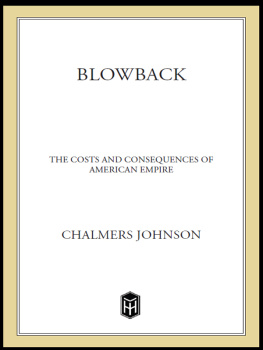

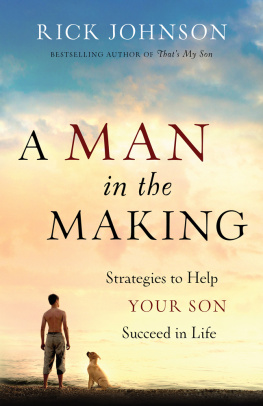
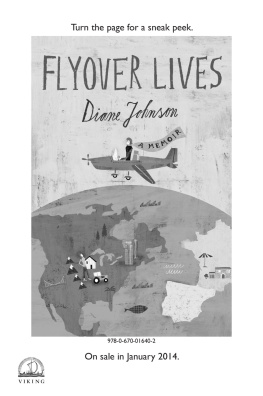
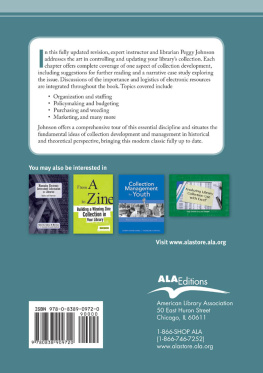
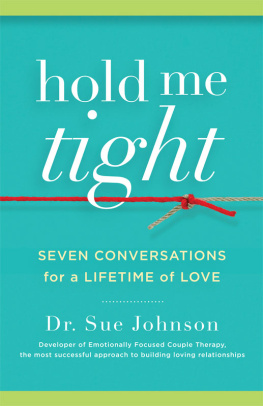



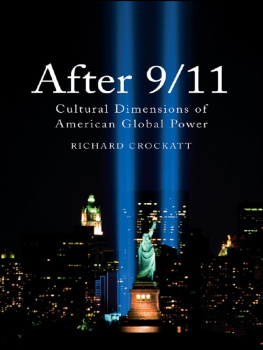
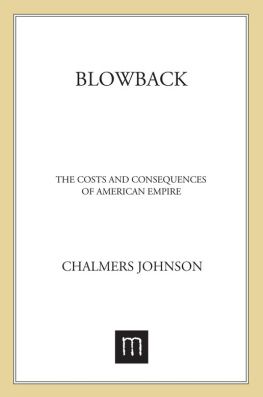
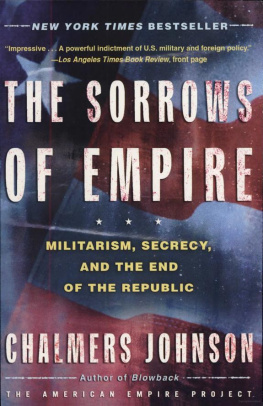
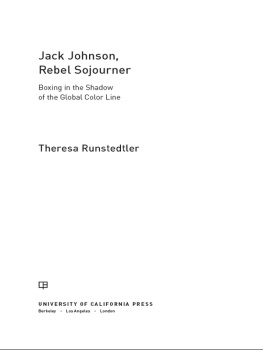
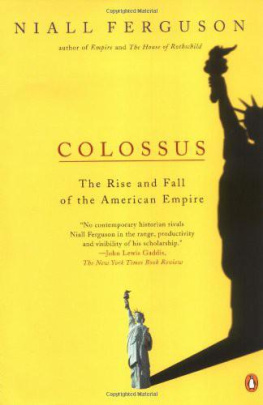
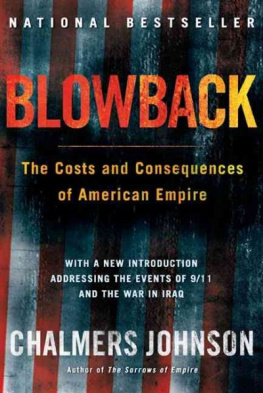
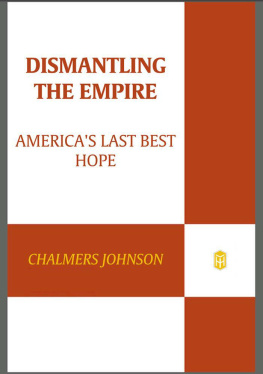
 New York
New York
 are registered trademarks of
are registered trademarks of